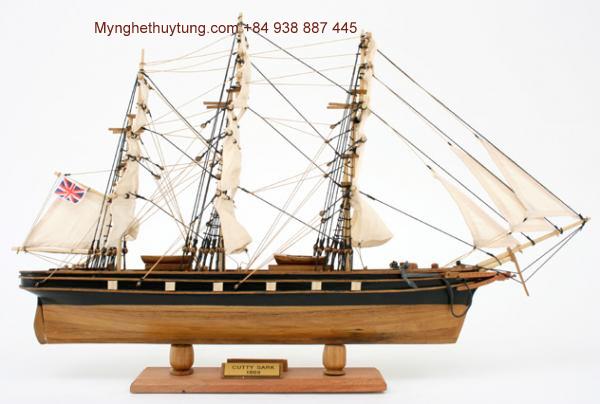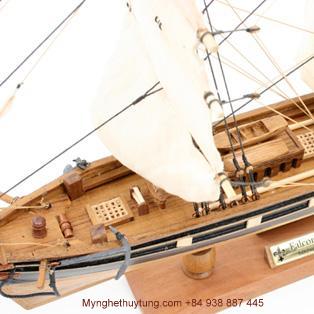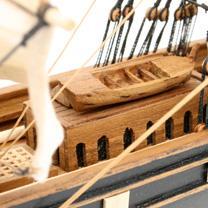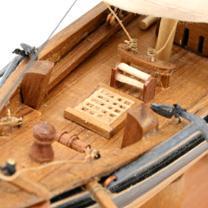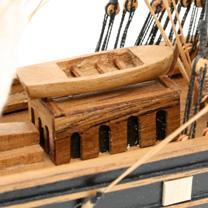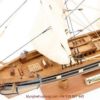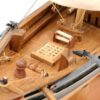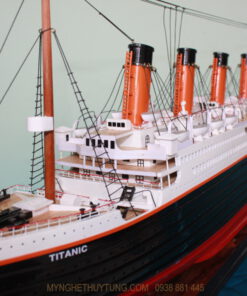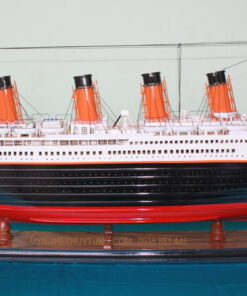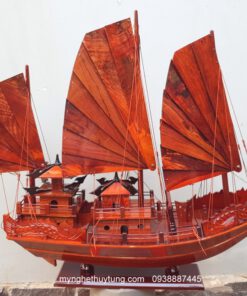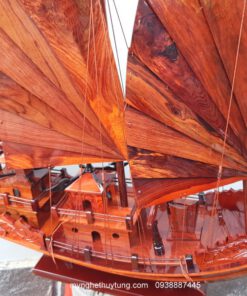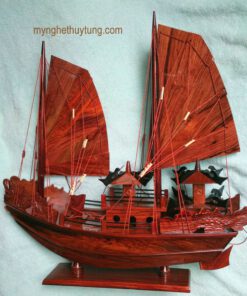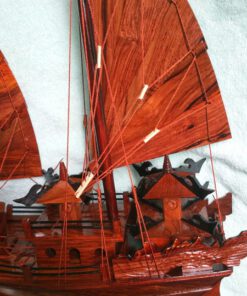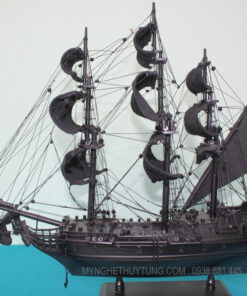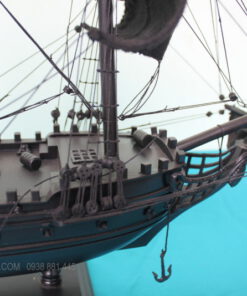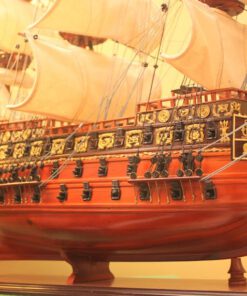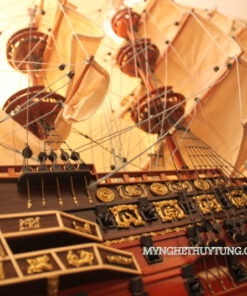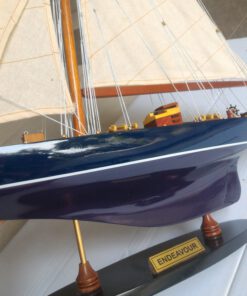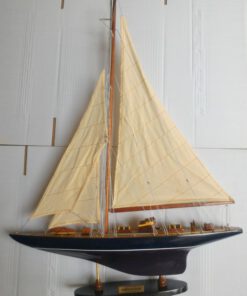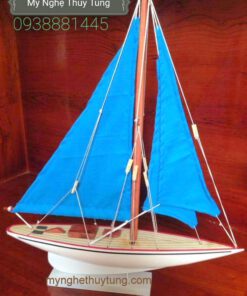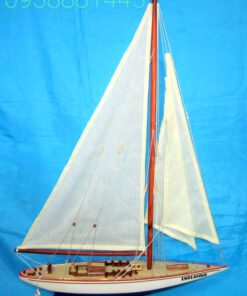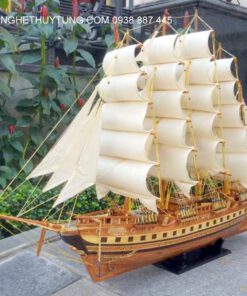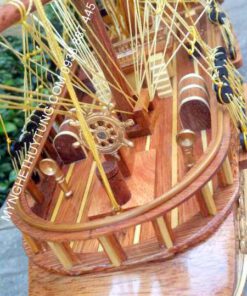CUTTY SARK SHIP
1,900.000 ₫
One of the last tea clippers to have been built and one of the fastest.
The Cutty Sark is one of the last tea clippers to have been built in 1869 in Dumbarton, Scotland, by Scott & Linton according to Hercules Linton’s design for the Jock Willis shipping line.
The name Cutty Sark originates from the witch Nannie Dee in Robert Burns’ poem Tam o’Shanter (meaning short shirt/under garment in Scots).
She is the last specimen of her generation to still be in good state of conservation.
Clippers were sail ships of medium size, built in the middle of the nineteenth century for speed and manoeuvrability. They were the last generation of merchant sail ships equipped with a sturdy metallic structure and all the latest technological features available at the time. Due to their design, they were used as well for piracy as for transporting costly goods such as tea and spices. The supply of tea was of utmost importance and the delivery of the first tea crop from China to London was the object of a yearly race (the Tea race). As other clippers she could not compete with steam ships. Even though steam ships were slower than clippers, they were not subjects to the whims of nature and they could navigate through the newly built Suez Canal, making steam ships more reliable and cheaper.
Hence, the Cutty Sark only sailed for two years as a tea clipper under the command of Captain George Moodie and only achieved modest results in the Tea race. Her most famous race was in 1872 against Thermopylae, but due to having lost her rudder, she completed the journey in 122 days, a week after Thermopylae.
She then turned to trading in wool with Australia holding the speed record to Britain for ten years. She is also credited with a speed record achieving a 360 nautical miles trip in 24 hours, an average of 15 knots (27.75 Km/h).
Eventually, steamships took over the wool trade and the Cutty Sark was then sold in 1895 to the Portuguese company Ferreira. Her name was changed to that of the company even though her crew nicknamed her Pequena Camisola (Portuguese translation of Cutty Sark) and continued as a cargo ship. In 1916, she lost her masts at the Cape of Good Hope (South Afrioca), was subsequently sold, then refitted as a barquentine and renamed as Maria do Amparo. In 1922 she was the last clipper to still be operating in the world.
Then, Captain Wilfred Dowman aquired her, gave her back her original name, refitted her as best according to her original design and used her as a cadet training ship in Falmouth, Cornwall.
She was subsequently bought by the Incorporated Thames Nautical Training College and acted as auxiliary vessel to H.M.S. Worcester.
Since 1954, the Cutty Sark is in dry dock in the Tames near Greenwich (London). She is registered as a National Historic Ship of the Core Collection (equivalent to Grade I listed building, as are the H.M.S. Belfast and the SS Robin) and is part of Maritime Greenwich classified by UNESCO as a World Heritage Site. She was badly damaged by fire in 2007 while undergoing restoration works, but she reopened to the public in 2012.

